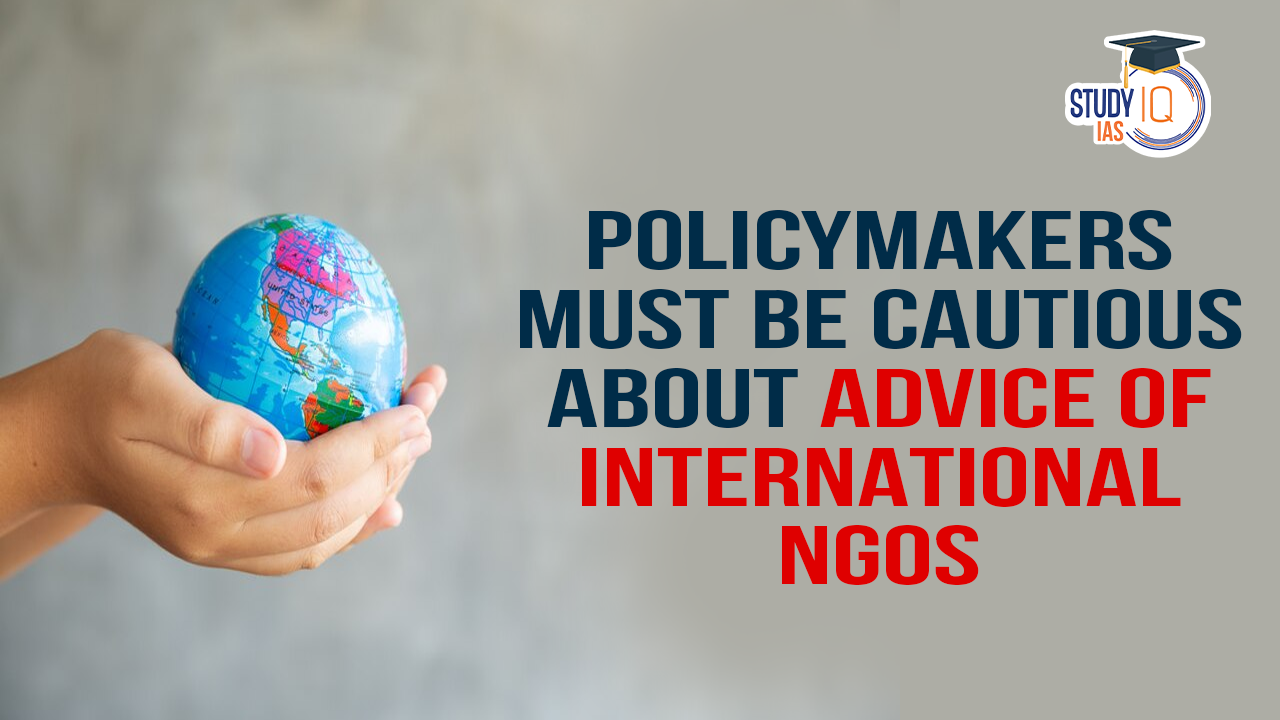Table of Contents
How have INGOs harmed Local Communities: Examples
- Tanzania and Kenya: INGO-led conservation efforts have resulted in the displacement of Maasai communities, undermining their traditional livelihoods.
- Bolivia: Water privatisation in Cochabamba, backed by INGOs, restricted access to water, leading to significant public outcry and a reversal of the policy.
- India: INGOs promoted projects that ignored local realities, ultimately undermining development goals.
Impact of International NGOs (INGOs) in India
- Influence on Family Planning Policies: INGOs such as the Ford Foundation, Rockefeller Foundation, and Population Council significantly shaped India’s family planning and population control policies from the 1950s to the 1980s.
- Introduction of Sex-Determination Technologies: INGOs introduced sex-determination technologies, including amniocentesis, at AIIMS, initially intended for detecting foetal abnormalities but quickly repurposed for determining foetal sex.
- Misuse of Amniocentesis Tests: By 1978, over 1,000 female foetuses had been aborted at AIIMS alone.
- Between 1978 and 1983, an estimated 78,000 female foetuses were aborted nationwide due to the misuse of these tests.
- Health Ministry Budget Allocation: In 1975, INGOs influenced India’s Health Ministry to allocate 59% of its budget to family planning, which neglected other critical health issues like tuberculosis and malaria.
- Decline in Child Sex Ratio: The child sex ratio fell from 943 girls per 1,000 boys in 1951 to 927 in 1991, with the most significant decline occurring after the introduction of sex-determination tests.
- Regional Impact on Sex Ratio: By 2001, Punjab’s child sex ratio dropped to 876, and Haryana’s to 861, attributed to easier access to sex-determination tests.
Way Forward
While INGOs may have good intentions, their interventions have often resulted in lasting harm. Policymakers in India should approach external advice from INGOs with caution and scepticism, ensuring that local realities are taken into account.


 Places in News for UPSC 2025 for Prelims...
Places in News for UPSC 2025 for Prelims...
 New Phase of Operation Chakra to Combat ...
New Phase of Operation Chakra to Combat ...
 Soyuz Aircraft: History, Design and Sign...
Soyuz Aircraft: History, Design and Sign...





















